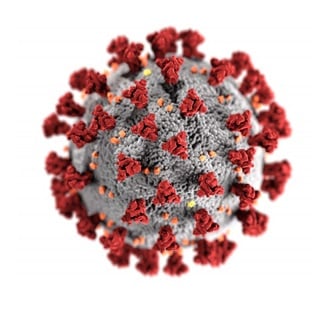

WHO has recommended two new drugs for COVID-19, providing yet more options for treating the disease. The extent to which these medicines will save lives depends on how widely available and affordable they will be.
The first drug, baricitinib, is strongly recommended for patients with severe or critical COVID-19. It is part of a class of drugs called Janus kinase (JAK) inhibitors that suppress the overstimulation of the immune system. WHO recommends that it is given with corticosteroids.
Baricitinib is an oral drug, used in the treatment of rheumatoid arthritis. It provides an alternative to other arthritis drugs called Interleukin-6 receptor blockers, recommended by WHO in July 2021.
WHO has also conditionally recommended the use of a monoclonal antibody drug, sotrovimab, for treating mild or moderate COVID-19 in patients who are at high risk of hospitalization. This includes patients who are older, immunocompromised, having underlying conditions like diabetes, hypertension, and obesity, and those unvaccinated.
Sotrovimab is an alternative to casirivimab-imdevimab, a monoclonal antibody cocktail recommended by WHO in September 2021. Studies are ongoing on the effectiveness of monoclonal antibodies against Omicron but early laboratory studies show that sotrovimab retains its activity.
The panel of experts developing the guidelines also looked at two other drugs for severe and critical COVID-19: ruxolitinib and tofacitinib. Given their uncertain effects, WHO made a conditional recommendation against their use.
Today’s recommendations, forming the eighth update of WHO’s living guidelines on therapeutics and COVID-19, are based on evidence from seven trials involving over 4,000 patients with non-severe, severe, and critical COVID-19.
WHO is in discussions with manufacturers to secure global supply capacity and equitable and sustainable access to the newly recommended therapeutics. The Access to COVID-19 Tools Accelerator (ACT-A) Therapeutics pillar has been engaging with pharmaceutical companies to seek comprehensive access plans for low- and middle-income countries, so that these treatments can be rapidly deployed everywhere, not just in rich countries. The ACT-A is also looking to expand licensing scope to make the products more affordable.
The two newly recommended drugs – baricitinib and sotrovimab – have been invited for WHO Prequalification, which assesses the quality, efficacy and safety of priority health products to increase access in lower income countries.
more recommended stories
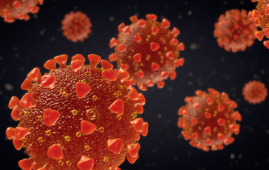 Study Reveals Cold May Impact SARS-CoV-2 Infection Rates
Study Reveals Cold May Impact SARS-CoV-2 Infection RatesThe Unexpected Protective Role of Rhinoviruses.
 Heart, Lung, & Brain Risks Persist in COVID-19 Survivors
Heart, Lung, & Brain Risks Persist in COVID-19 SurvivorsA French nationwide study reveals that.
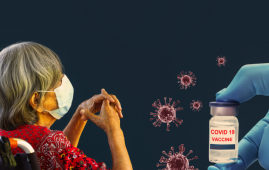 How COVID-19 and Vaccines Differ in Heart Inflammation
How COVID-19 and Vaccines Differ in Heart InflammationA team of international researchers led.
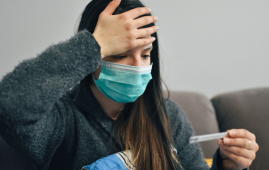 Long COVID: Extended Paxlovid Treatment Offers Hope
Long COVID: Extended Paxlovid Treatment Offers HopeA new case series by UC.
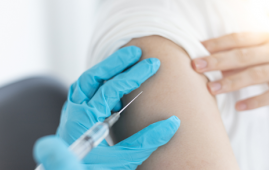 RSV Vaccine Response in Immunocompromised Adults
RSV Vaccine Response in Immunocompromised AdultsAccording to Johns Hopkins Medicine researchers,.
 Gut Microbiome Predicts Long COVID Risk
Gut Microbiome Predicts Long COVID RiskIn a recent pre-print study published.
 COVID-19 & Autoimmune Care Hope: Natural Proteins
COVID-19 & Autoimmune Care Hope: Natural ProteinsRecent research at Umeå University reveals.
 FasL Inhibitor Asunercept Speeds COVID-19 Recovery
FasL Inhibitor Asunercept Speeds COVID-19 RecoveryA new clinical trial demonstrates that.
 Impact of COVID-19 mRNA Vaccine on Myocardial Scarring
Impact of COVID-19 mRNA Vaccine on Myocardial ScarringA new study found a greater.
 Long-term Cognitive and Psychiatric Issues in COVID-19 Survivors
Long-term Cognitive and Psychiatric Issues in COVID-19 SurvivorsA new study published in The.

Leave a Comment